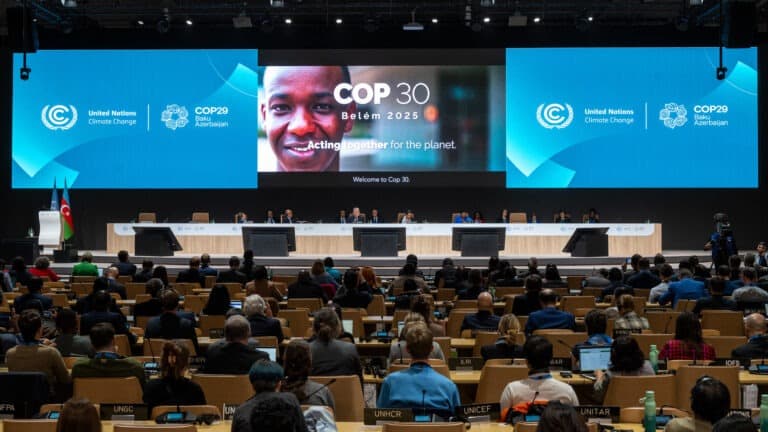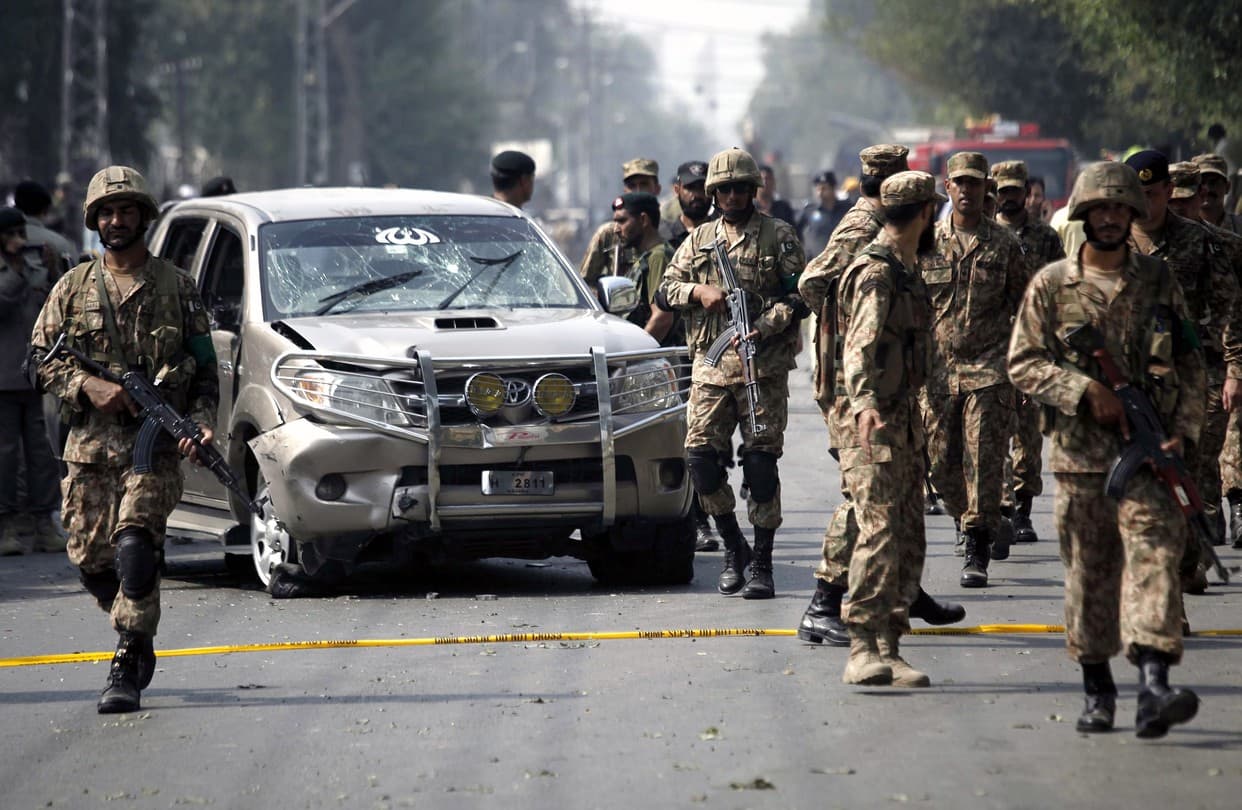U.S. and Ukraine Produce Revised Peace Framework, Work Continues
U.S. and Ukrainian delegations said they produced an "updated and refined" peace framework after intensive Geneva talks, narrowing differences on a 28 item draft but leaving key security questions unresolved. The outcome matters because any accord will shape NATO posture, European energy and defense markets, and Kyiv’s ability to preserve sovereignty.

Negotiators from the United States and Ukraine concluded a second day of intensive talks in Geneva on November 23 and 24 and reported the drafting of an "updated and refined" framework intended to address criticisms of an earlier version judged by many diplomats to be overly accommodating toward Russia. Officials said progress was made in narrowing disputes in a 28 item document, but they emphasized that significant issues remained open and further negotiations were planned.
The revised text focused on the most politically sensitive areas, including security guarantees for Ukraine and the future role of NATO, two elements that have shaped stalemates in earlier negotiations. U.S. officials said Kyiv’s input had been incorporated into the revised language and described the sessions as productive. Ukrainian officials welcomed adjustments that they said reflected core strategic needs, while reiterating that they would not accept any agreement that undermined national sovereignty or security. European partners reacted with skepticism, reflecting divergent national priorities and domestic political constraints across the continent.
Diplomatically the talks underscore the narrow margin for compromise. Technical gains on wording do not yet resolve foundational disputes over the scope and permanence of security guarantees, the mechanisms for verification and enforcement, and the sequencing of Russian troop withdrawals or demilitarized zones. Those unresolved items are likely to figure in the next round of diplomacy, and the Geneva sessions made clear that a political settlement will require continued high level engagement across capitals.
Beyond politics the Geneva outcome carries immediate market and economic implications. Investors and energy traders monitor the negotiations because any movement toward a durable settlement would reduce the risk premium on European energy supplies that surged after Russia’s invasion. Conversely, protracted talks could sustain volatility in gas and electricity prices and keep upward pressure on defense procurement spending across NATO members. That spending pressure has fiscal consequences for European budgets still managing post pandemic recovery and inflation challenges, and it will influence bond markets and fiscal policy choices in 2026.
Longer term the negotiations bear on structural trends that accelerated with the war. The conflict has catalyzed a shift in European security policy toward heavier defense commitments, altered global supply chain strategies for critical materials and energy, and prompted reassessments of alliances in Asia and the Middle East. How those trends interact with a potential peace framework will matter for investment decisions, defense industrial planning, and Kyiv’s reconstruction strategy.
Diplomats said the schedule for completing a text remains tight, with further meetings expected in coming weeks. For now Geneva yielded incremental progress and a narrower set of disputes, but the most consequential choices about guarantees, NATO’s role and mechanisms to ensure enforcement were left for future negotiation. The outcome will be watched closely by markets and capitals because it will determine the contours of security, fiscal commitments and energy stability across Europe.
&w=1920&q=75)

